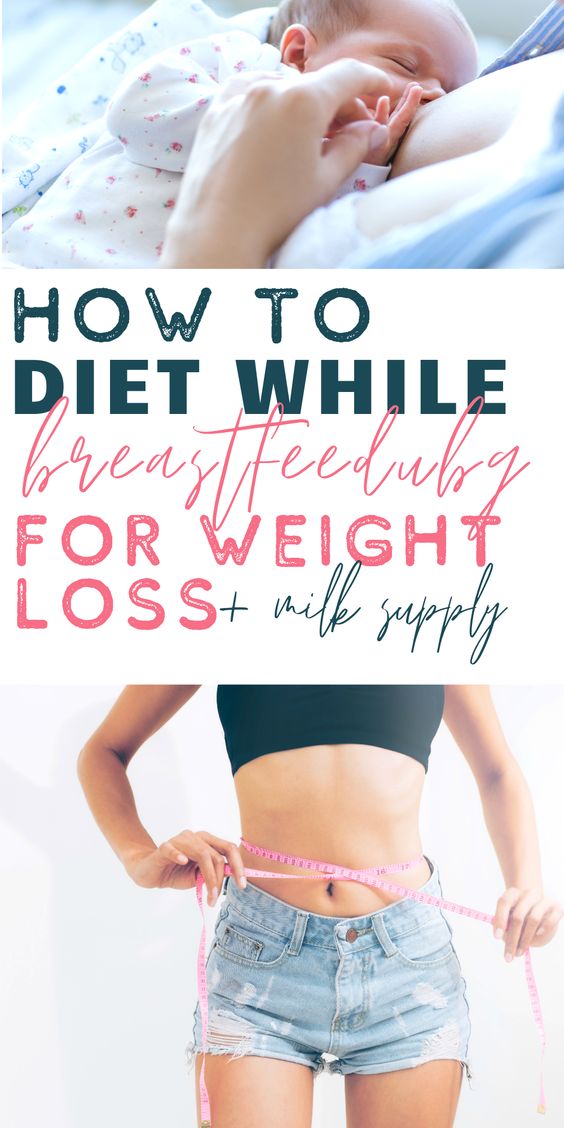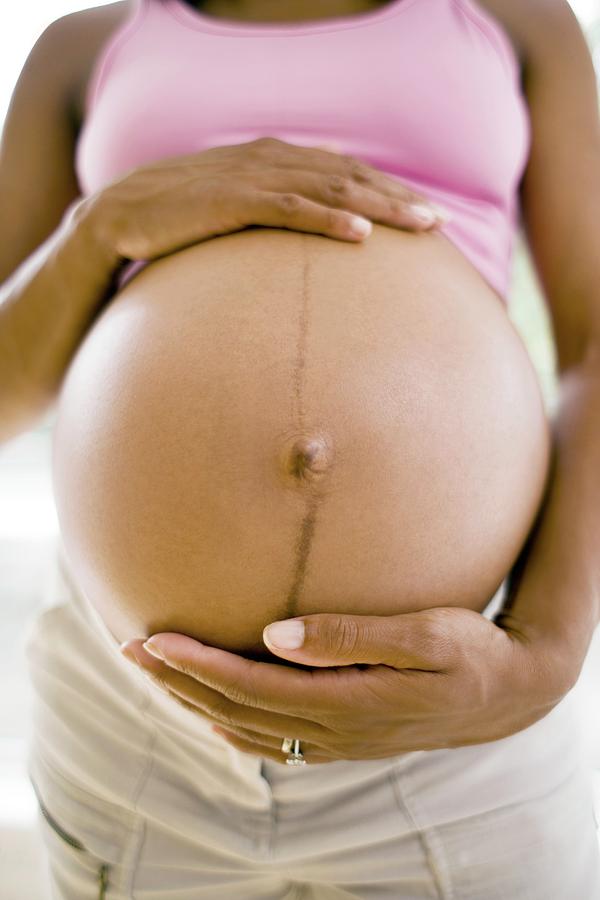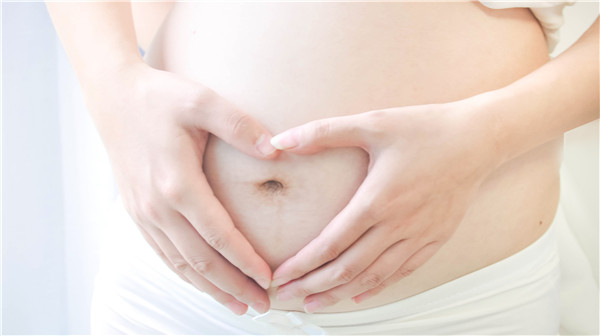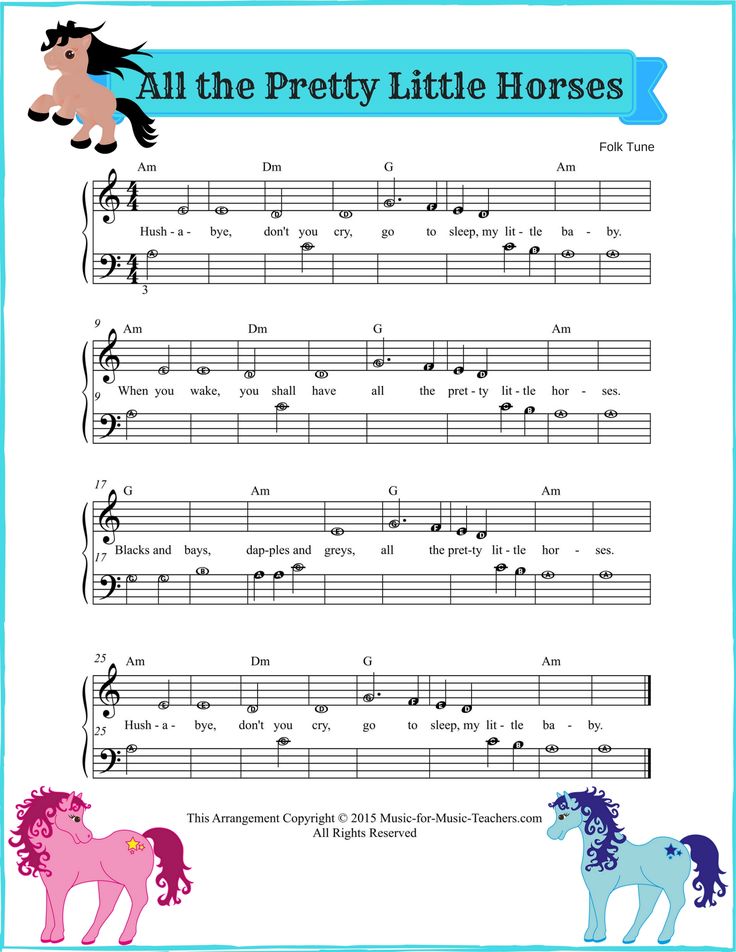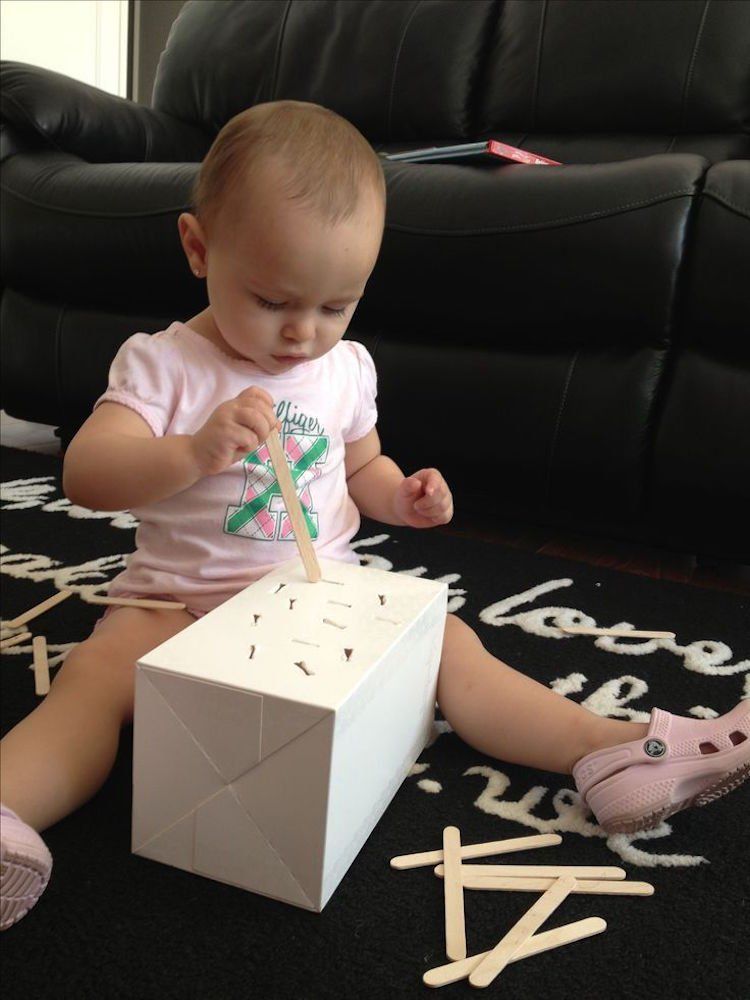Weight loss supplements you can take while breastfeeding
Should You Try Weight Loss Supplements While Breastfeeding? – milkdust
Weight loss supplements can be safe and helpful while breastfeeding. Sometimes breastfeeding causes a road block for weight loss. Herbal, safe supplements can help new mommies let go of the extra weight gained during pregnancy.
Milk Dust is a helper for weight loss because it naturally curbs sugar cravings using vitamins and minerals rather than stimulants. This is the key to safe weight loss supplements. They need to be comprised of specific nutrients, vitamins and minerals that are helpful to both mama and baby.
What makes a weight loss supplement safe for breastfeeding?
There are some very specific requirements for a weight loss supplement to be safe for breastfeeding.
- Comprised of nutrients
- Free of stimulants
- No caffeine
- No synthetic replications of vitamins
- Hormonal support
- Nourishment support
- Cognitive support
A safe weight loss supplement looks at the root of the cause, rather than covering up appetite or hunger. Stimulants like caffeine can cover up hunger, but it doesn't look at the root cause behind the lack of energy, slow weight loss or nutrient needs. Milk Dust specifically looks at common nutrient needs to help satisfy hunger and balance blood sugar. Cravings often come from your body's need for a nutrient, cognitive support or even extra carbs to support a tired brain. Many mamas crave sugar while breastfeeding, but what their brain needs are more healthy carbs to function on little sleep.
Nutrient Deficiencies That Slow or Halt Weight Loss While Breastfeeding:
Breastfeeding mamas specifically need more nutrients than non-lactating women, and many nutrients needs don't change that much after pregnancy. Some of these nutrients include:
- Folate
- Vitamin B12
- Chromium, Magnesium, Potassium and Sodium
- Protein
- Fiber (not a nutrient, but essential carbohydrate)
Folate and vitamin B12 can really create some lethargy and lack of motivation to eat healthy. Both of these B vitamins relate to cognitive function, energy, and they are necessary for baby. If these are lacking, your body can't function they way it should. The same with protein and fiber. Without protein, there can be a lot of ups and down with blood sugar, which causes excessive hunger. Fiber creates a feeling of fullness that makes you want to stop eating. If there isn't enough fiber, there is a constant hunger or feeling of never getting enough food. This leads to that ravenous, always hunger feeling many breastfeeding mamas experience.
Both of these B vitamins relate to cognitive function, energy, and they are necessary for baby. If these are lacking, your body can't function they way it should. The same with protein and fiber. Without protein, there can be a lot of ups and down with blood sugar, which causes excessive hunger. Fiber creates a feeling of fullness that makes you want to stop eating. If there isn't enough fiber, there is a constant hunger or feeling of never getting enough food. This leads to that ravenous, always hunger feeling many breastfeeding mamas experience.
Not all weight loss supplements have this sort of blend in vitamins and nutrients, but Milk Dust has all of this and more. With protein, fiber and essential vitamins and minerals, in addition to galactagogue herbs like Fenugreek, fennel seed, milk thistle and brewer's yeast, a mother can support her lactation and weight loss at the same time.
How To Know If You Need A Weight Loss Supplement While Nursing:
Not all mamas need a weight loss supplement while nursing.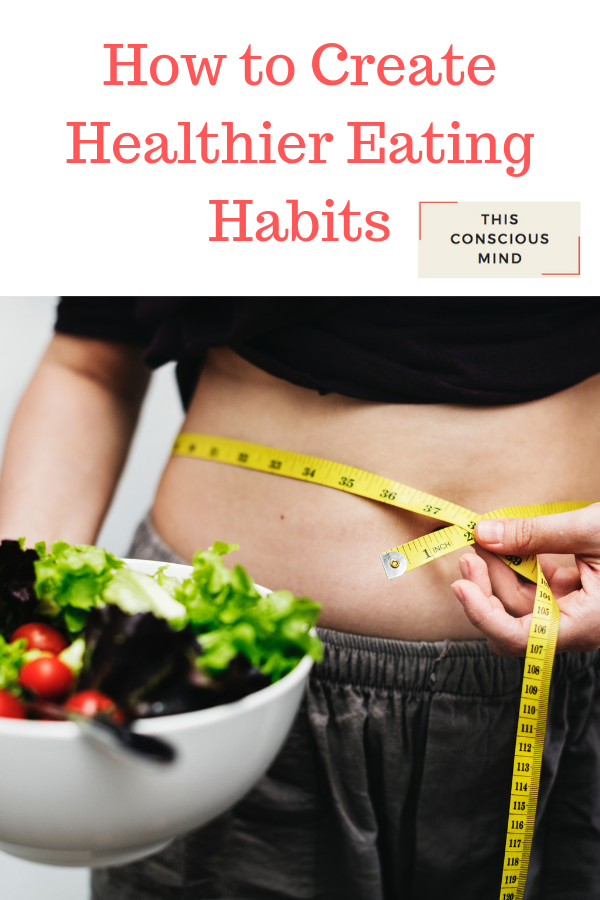 Some just need to count calories and determine their energy needs. Weight loss is all about energy in verses energy out. Of course, not all calories are created equal. This means that 100 calories of cookies verses 100 calories of broccoli are going to be used, processed and metabolized very, very differently. One can leave you feeling super full (broccoli from fiber), and the other starving in 30 minutes.
Some just need to count calories and determine their energy needs. Weight loss is all about energy in verses energy out. Of course, not all calories are created equal. This means that 100 calories of cookies verses 100 calories of broccoli are going to be used, processed and metabolized very, very differently. One can leave you feeling super full (broccoli from fiber), and the other starving in 30 minutes.
If you are struggling to eat healthy and manage your breastfeeding hunger, weight loss supplements might be just the answer to give you a jump start.
Here are some signs a weight loss supplement can help your weigh loss after pregnancy:
- Constant hunger
- Intense sugar cravings
- Carbohydrate addiction
- Hunger soon after large meals
- Exhaustion after eating
- Lack of physical energy
- Weight gain while breastfeeding
If you are experiencing any of these issues, safe weight loss supplements are awesome tools to move your body into healthier eating habits. Milk Dust is a breastfeeding weight loss supplement that fully supports nourishment and lactation in new mommies.
Milk Dust is a breastfeeding weight loss supplement that fully supports nourishment and lactation in new mommies.
Milk Dust Works As A Weight Loss Supplement While Breastfeeding:
Milk Dust helps with weight loss by providing satiation through protein and fiber. We recommend blending Milk Dust with whole fruits and veggies either frozen or fresh. By adding the additional nutrients to our powder, the powerful combination creates a small meal or snack that covers your bases. Here's the run down of how Milk Dust acts as a weight loss and lactation supplement for breastfeeding mamas:
- Satiating protein
- Sweet taste to relieve those sugar cravings
- Essential vitamins and minerals
- Energy boosting super foods like Chlorella and Spirulina
- Galactagogue herbs for lactation support
- Super fruits and veggies like spinach and blue berries
- Turmeric and Cinnamon bark for additional blood sugar control, antioxidant support and adrenal support
- Vegan, non-dairy, no soy, no corn, no gluten for easier digestion
- Plant-based protein
- Chia seeds, flax seeds and pumpkin seeds for Omega-3s and Zinc
Nutritional support is one of the safest ways to encourage healthy weight loss.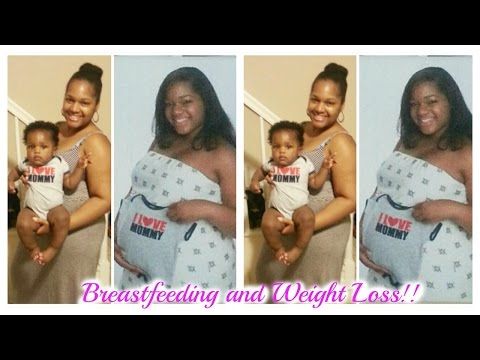 Avoiding stimulants and using nutrients while breastfeeding helps for safe weight loss.
Avoiding stimulants and using nutrients while breastfeeding helps for safe weight loss.
Finding a safe weight loss supplement while breastfeeding is helpful for mamas looking to lose weight naturally.
Back to blogRelated blogs
View all-
The Quickest Way To Lose Weight After Pregnancy From a Mom of 4
New moms typically look forward to getting back to their pre-pregnancy weight as soon as possible after baby arrives. This is completely understandable after 9 monhts of slowly (or quickly!)...
-
Majka Vs Milk Dust Lactation Protein Powder - What's The Difference?
A quick search for the best lactation protein powder, and Majka or Milk Dust usually pop up as great options for postpartum and breastfeeding mamas. But how do you know...
1 / of 2
View all
Lose the Weight, Not Your Milk: How to Lose Weight While Breastfeeding
One of the most common questions that I am constantly asked is if working out and dieting will affect your milk supply while breastfeeding. The short answer? No, not at all. However, it is what you don’t do that can hurt your milk supply.
The short answer? No, not at all. However, it is what you don’t do that can hurt your milk supply.
The most common reasons for milk drying up are:
- Not eating enough calories.
- Not staying hydrated throughout the day.
- Not pumping or feeding enough.
- Stressing out too much.
As you can see, working out and dieting are not in the reasonings, but the effects from working out and dieting could alter your supply somewhat-if you do not take care of yourself.
1. Follow a balanced eating plan. If you are trying to make the scale budge while breastfeeding, you will need to focus on eating clean-not less. My 4 week clean eating plan is perfect for breastfeeding mommies and many have had lots of success with it!
Here’s a sample of what I might eat on a typical day, I try to have something every 2 hrs.
Breakfast (7am): 2 Eggs, 1 serving of Oatmeal, grapefruit
Snack (9am): Apple with cheddar cheese slices and pita chips
Lunch (11pm): Large salad full of greens with grilled chicken breast and 1 small serving of whole wheat crackers
Snack (1pm): 12 Almonds
Snack (3pm): Protein shake with almond milk, 1/2 banana and 1 tsp of almond butter
Dinner (5pm): Roasted Chicken with herbs, sweet potatoes and large serving of green beans
*If I am hungry before bedtime or during my midnight feeding, I will even allow myself a small protein filled snack.
I also get asked regarding supplements and which are safe for breastfeeding mommies. Here’s what I take and it’s absolutely safe!
First and foremost, a good multivitamin is a MUST have. It will also help cover any bases for you as far as nutrients goes, but should never be substitued for a healthy diet packed with vitamins and minerals.
Secondly, a food whey protein powder is key. I use MRM’s Natural Whey which is completely natural and isn’t filled with all of those yucky chemicals that you find in most whey powders. This protein is also safe for breastfeeding mommies.
Take 40% off all MRM supplements with code SIA at checkout! Using a whey protein will deliver a good bit of protein super quickly to your muscles after or during your workout for the ultimate recovery.
Thirdly, a fish oil supplement is perfect for you because it supports a healthy metabolism and fat loss during your workouts, as well as being a natural appetite supressant! I personally use MRM’s Smart Blend. It is safe for breastfeeding and I love knowing that it helps my baby. Again, in case you missed the coupon code, take 40% off all MRM product with code SIA!
It is safe for breastfeeding and I love knowing that it helps my baby. Again, in case you missed the coupon code, take 40% off all MRM product with code SIA!
Fourth, a calcium supplement is a great idea for breastfeeding mommies! Even pre-natal vitamins do not contain 100% of your daily calcium so you will need something extra. Most dairy products contain a lot of calcium and you can also get it from broccoli, baked beans and some nuts. I use MRM’s Bone Maximizer!
Lastly, an optional, but goodie for workout recovery and muscle building during pregnancy are BCAA’s. I use MRM’s BCAA Reload as its 100% natural and safe for pregnancy and breastfeedding. BCAAs are the building blocks of muscle and helps to reduce muscle soreness after a workout while also increasing your strength.
2. Stay hydrated. You need water to make milk so it only makes sense to stay hydrated. When it comes to weightloss, a lot of the times thirst is often mistaken for hunger so drink a glass prior to each meal.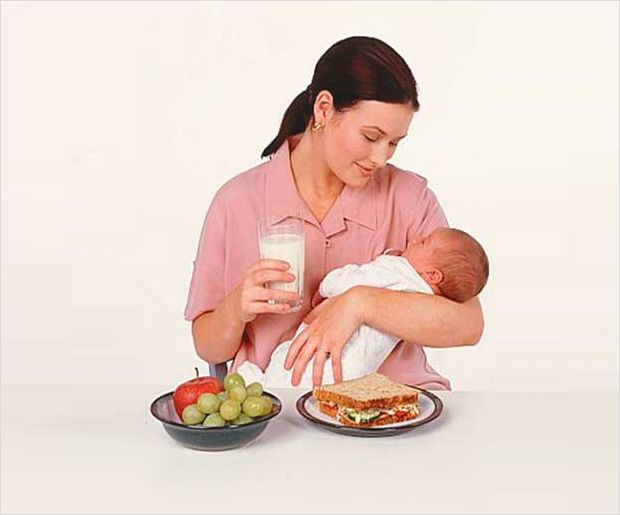 One of my favorite ways to remind myself to drink more water is by these cute little water tracker bottles with motivational sayings on them. You can check them out here.
One of my favorite ways to remind myself to drink more water is by these cute little water tracker bottles with motivational sayings on them. You can check them out here.
3. Find an effective workout plan. Most of my clients who are breastfeeding love my 12 week home workout program because it was created specifically for the postpartum mommy! It pushes and challenges you to shaoe your postpartum body, but it does not DRAIN you or stress your body. Therefore, your milk is never affected. Also, the workouts are about 20 minutes long and can all be done straight from the comfort of your own home. Score!
4. Listen to your body. Nobody knows your body like YOU do so listen to it. If you feel like your milk is drying up or something isn’t right, then stop and take it easy.
5. Eat enough calories. You can eat at a calorie deficit while breastfeeding, but you must account for the calories spent making milk. Your body uses between 300-500 (roughly) calories a day making breastmilk, and if you are also eating too few calories, it can cause your body to hold onto fat as a result.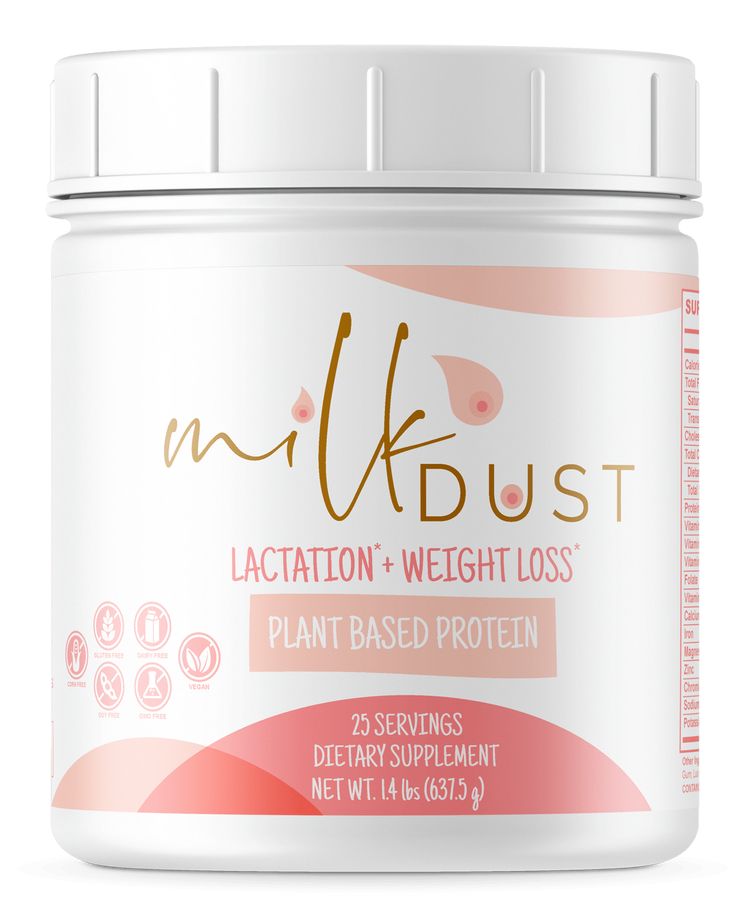 For example, if you calculate your caloric need to be 1400 for weightloss (MyFitnessPal is a great way to do this for free), you should then add 500 calories to this calculation, putting you at a goal of 1900 calories.
For example, if you calculate your caloric need to be 1400 for weightloss (MyFitnessPal is a great way to do this for free), you should then add 500 calories to this calculation, putting you at a goal of 1900 calories.
If you cannot make it to a gym and need to workout from home, try my new Strong Body Guide that is helping busy women worldwide get into their best shape ever. Little to no equipment needed for most moves!
Buy now
In this guide, you can expect:
– ✅ 12 weeks of workouts that can be done at home with little to no equipment.
– ✅ 225 pages long
– ✅ Each workout takes less than 30 minutes-great for busy schedules.
– ✅ step by step instructional picture examples of every move
– ✅ no gym required
– ✅ exercises focus on hiit, strength training, and plymetrics
– ✅ download on any device
– ✅ build a lean tone stomach, butt, thighs, and arms
– ✅ download instantly from anywhere
– ✅ promote fat loss & boost metabolism
– ✅ contains cardio and stretching routines as well!
– ✅ full exercise glossary with images and instructions for every move
*All guides are digital ebooks available instantly worldwide. Compatible on all devices – Android, iPhone, iPad, Kindle, Nook, Computer, Mac.
Compatible on all devices – Android, iPhone, iPad, Kindle, Nook, Computer, Mac.
Your trainer and friend,
SHARE THIS POST:
How to lose weight after childbirth while breastfeeding
09/18/2018 Visitors: 75528
The article is devoted to the main issues of life and health of a modern woman.
How to get slim after childbirth while breastfeeding? After childbirth, the main goal of a woman is the full development of the baby, the basis of which is breastfeeding. While enjoying breastfeeding, many young mothers notice that the former prenatal harmony does not want to return. Sometimes, despite all efforts, the weight continues to increase.
How to lose weight after childbirth while breastfeeding - the principles of a healthy diet
Usually the problem of unwanted pounds is solved with the help of a special diet. But is there an expert-approved balanced diet for new mothers who are breastfeeding their babies? After all, their diet should be complete, containing the full range of nutrients needed by the baby.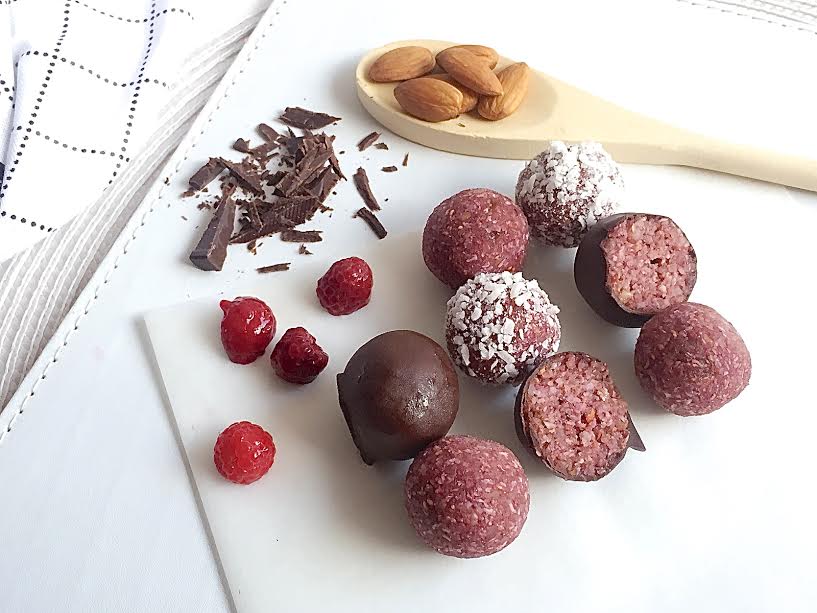 It is important to understand that, contrary to popular belief, eating for two is not worth it during pregnancy. The amount of food eaten is unlikely to increase the amount of breast milk, but the lifeline at the waist will definitely grow.
It is important to understand that, contrary to popular belief, eating for two is not worth it during pregnancy. The amount of food eaten is unlikely to increase the amount of breast milk, but the lifeline at the waist will definitely grow.
How to choose a diet for weight loss after childbirth
Of course, the baby's health is above all. It requires such a selection of products that would contain all the essential amino acids necessary for the growth of the newborn. How to lose weight after childbirth while breastfeeding in this situation? Therefore, strict diets for a young mother during breastfeeding are strictly contraindicated. But a rational balanced diet, for young mothers, will contribute to safe weight loss, the return of a slim figure. The diet will ensure the presence in the milk of proteins, fats and carbohydrates that are healthy for the baby.
When can you start to lose weight after childbirth? Then, after 5-6 months, eliminate light carbohydrates and trans fats from the diet. What should be the diet for nursing mothers who want to lose weight after childbirth while breastfeeding? How to get back in shape?
What should be the diet for nursing mothers who want to lose weight after childbirth while breastfeeding? How to get back in shape?
5 principles of a diet for weight loss during breastfeeding
1. The very first rule of a diet for weight loss after childbirth during breastfeeding can be formulated as follows: we eat only what the body really needs. Try not to get carried away with fried, floury and sweet, giving preference to cereals and vegetables.
2. Fat in the daily diet of a young mother who wants to return the figure to prenatal forms should not exceed 40%. Therefore, buy dairy products with the lowest possible fat content, and give up seeds and nuts for a while. Meat, especially beef, is essential during lactation, but they should not be eaten more than once a day.
3. The diet of a nursing mother implies mandatory control over the amount of food eaten. The daily number of calories for medium-sized and short women should be reduced to 1500, and for tall and large women by nature - up to 2000.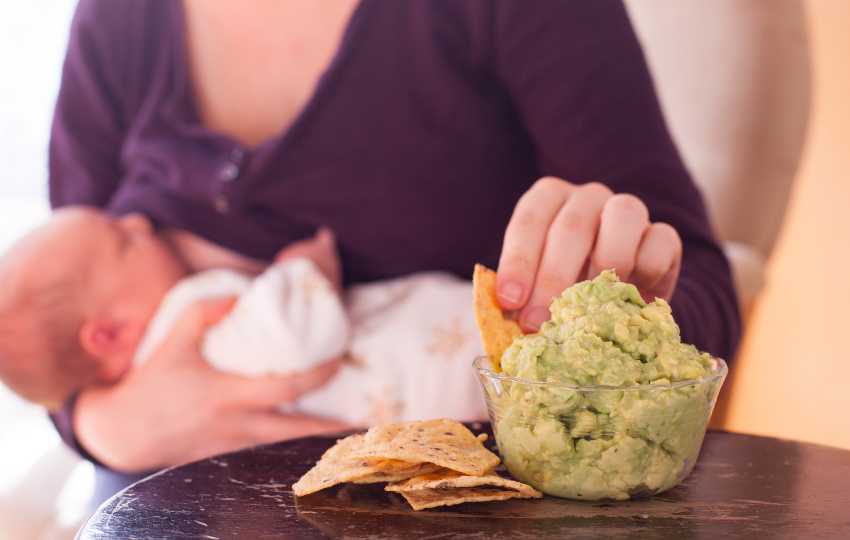
4. An important guarantee of weight loss after childbirth is the correct diet. If you intend to lose weight, you should eat small portions (no more than 250 g), but often: 5-7 times a day.
5. A hypoallergenic diet for weight loss after childbirth during breastfeeding means avoiding foods that contain allergens - substances that can cause an allergic reaction in an infant. These products include: citrus fruits, strawberries, chocolate, eggs, various canned food. In no case should you take dietary supplements for weight loss! Thirst should be quenched with the most ordinary clean water and fresh fruits, but not with sweet water. Exclude soda, sweet tea, factory kvass.
According to these principles, a diet for nursing mothers for weight loss can be compiled independently. To simplify the task, we offer an approximate menu.
Breakfast options:
25 g cereal (unsweetened) with milk, banana.
25 g cheese with bran toast, apple.
Lunch options:
100 g light cod steak, garnished with mashed potatoes with herbs and green peas; low-calorie yogurt; green salad.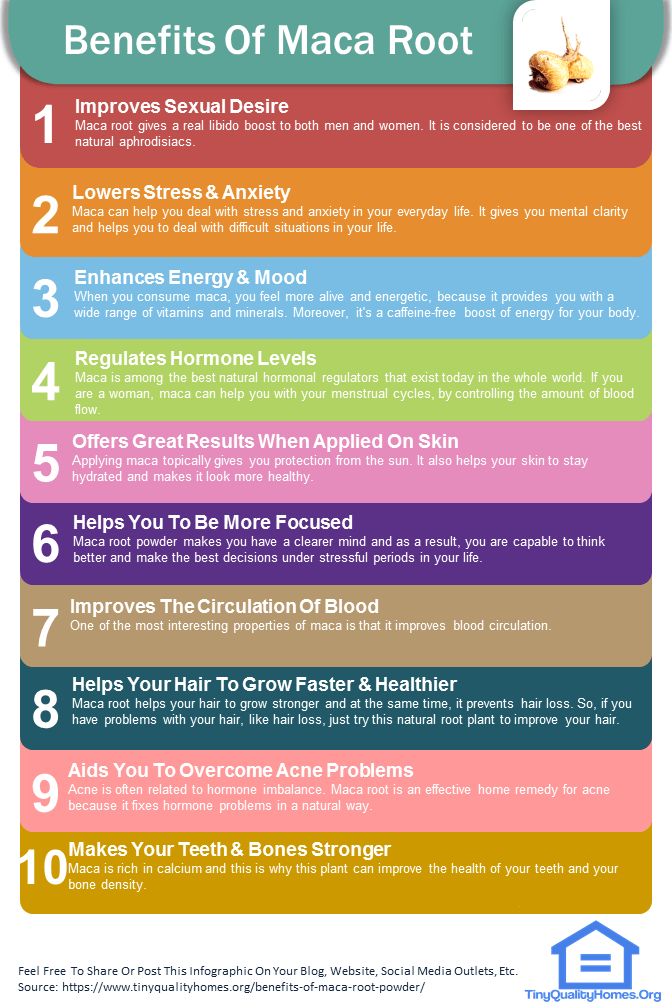
Spaghetti with tomato sauce, lean minced meat, garlic, herbs and cheese; mixed salad; small apple.
Dinner options:
125 g boiled beans; 2 toasts; banana.
Any boiled vegetables with a sauce of yoghurt, lemon juice and Edam cheese; whole grain bun.
Snack options:
25 g cheese and a couple slices of whole grain bread, 2 tomatoes.
You can eat a small wholemeal bun with a glass of low-fat kefir or curdled milk.
Based on personal experience, I want to say that this diet helped me get rid of extra 35 kg in 3-4 months. Dear girls, do not forget about sports. Allocate for yourself, your beloved, 2 hours 3 times a week for physical activity. Trust me, it's worth it!
The article was prepared by an obstetrician-gynecologist, head. antenatal clinic BU "Megion City Hospital No. 1" - Vanina O.S .
Proper diet for breastfeeding a newborn
How to stay in shape during a difficult period for the body? We tell you what the right diet is for breastfeeding a newborn.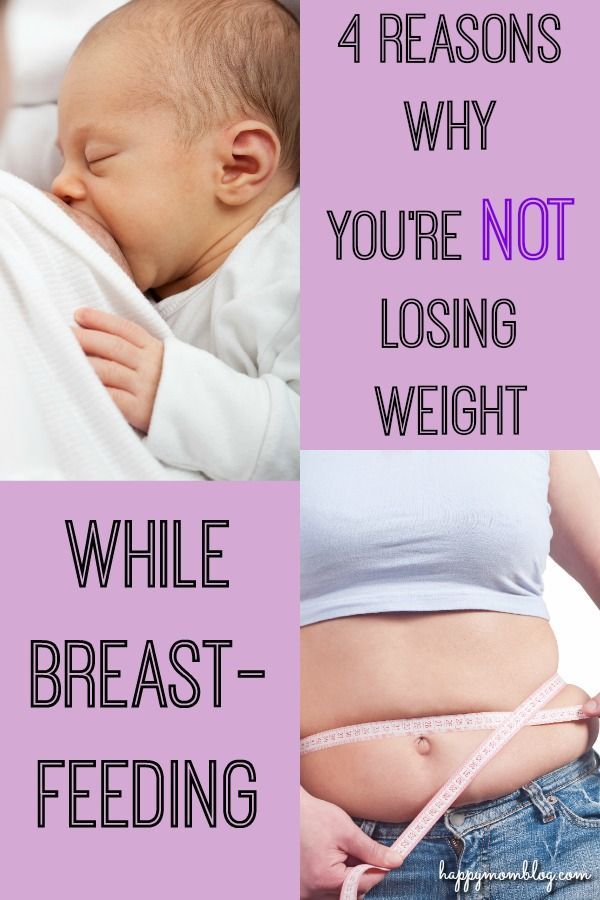
Tatyana Shamanina
Tags:
Health
weight loss
Pregnancy and childbirth
Food
Diets
Shutterstock
Is your goal to lose weight while breastfeeding? First of all, consult a doctor - any wrong step can affect the health of the child. We tell you what the right diet for breastfeeding consists of.
Mom's diet for weight loss while breastfeeding a newborn: general principles
Follow the basic recommendations to gradually reduce weight during lactation.
- Eat high protein foods 2-3 times a day.
- Eat three small portions of vegetables every day.
- Add two small servings of fruit to your menu every day.

- Include whole grains in your daily diet.
- Drink water only to quench your thirst. No need to force yourself to drink a certain amount of liquid.
- If you follow a vegetarian lifestyle, then you need to supplement with B12.
How much to eat while breastfeeding?
Breastfeeding requires additional calories. Adjust calories - determine your individual amount per day and add another 500 calories to it. Only after the child begins to eat other foods, you can cut calories. Remember, you don’t “store” extra calories in yourself, but give them to your child.
Can I drink coffee while on a breastfeeding diet?
Of course, caffeine gets into milk, but most children do not interfere. However, remember that if your child is not sleeping well or is irritable, you should cut back on caffeine or cut it out altogether. Some studies show that newborns are more sensitive to caffeine than older children.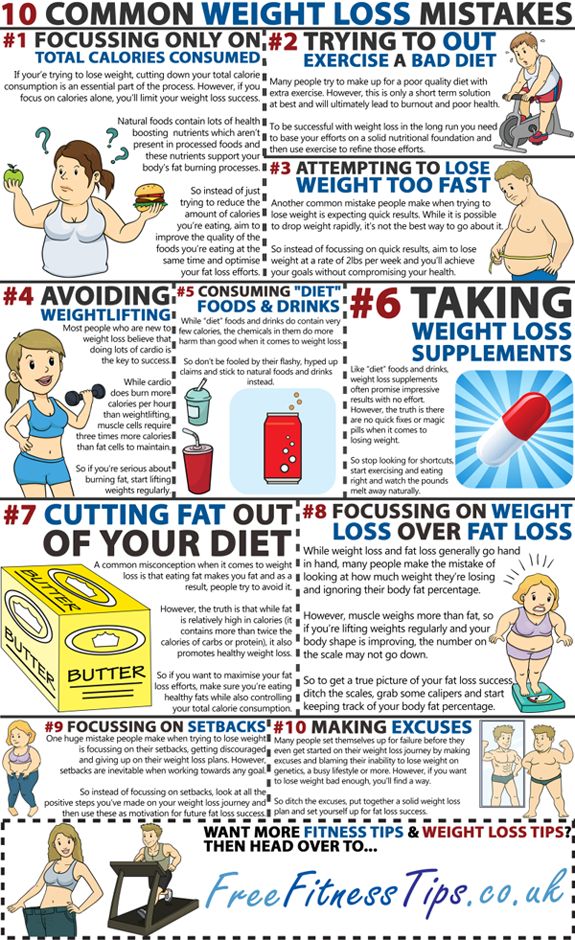 So a preliminary consultation with a doctor will not hurt.
So a preliminary consultation with a doctor will not hurt.
Breastfeeding Mom's Diet by Month
1st and 2nd Months
To help the baby adapt, the feeding diet should be strict during the first month. No exotic, fatty and harmful foods and dishes.
What does the diet consist of in the 1st month:
- cereals, including millet, buckwheat and oatmeal;
- lean meat, steamed or boiled;
- fermented milk products, including cottage cheese - not more than three times a week;
- fish - twice a week;
- dried fruit compote;
- wholemeal bread and pasta;
- oil - no more than 2 tablespoons per day.
- boiled and fresh vegetables - about 500 g per day, avoid cabbage, garlic and onions.
From 2 to 6 months
The following products and dishes can be added to the menu:
- borscht without meat, seasoned with tomato juice;
- nuts, other than peanuts and pistachios;
- poultry meat;
- homemade jam or jam and honey;
- fresh onion;
- fresh and dried herbs such as lemon balm, mint, basil and thyme.

From 6 months to a year
The diet for feeding a newborn from six months to a year already includes a more varied diet. Eat only boiled, stewed or steamed foods. Gradually add exotic fruits, seafood, garlic and beans to the diet and watch the child's reaction. Do not eat unhealthy fatty foods such as condensed milk, sausages, ice cream, pickles and smoked meats.
Newborn Breastfeeding Diet: Food List
When setting up a meal plan, you should be aware that your baby may develop food allergies to the foods you eat. In this case, you need to contact a specialist to identify which particular product caused the allergy in order to exclude it.
Permitted products:
- dietary meat, poultry;
- fish, including salmon, sardine and cod;
- eggs;
- medium fat milk products;
- beans, nuts, dried fruits and seeds;
- vegetables, including dark green and yellow fruits;
- allergen-free fruits;
- whole grains and cereals, including bread, pasta, cereals and oatmeal.
